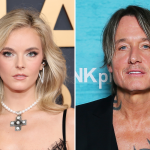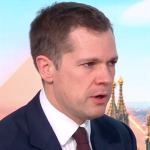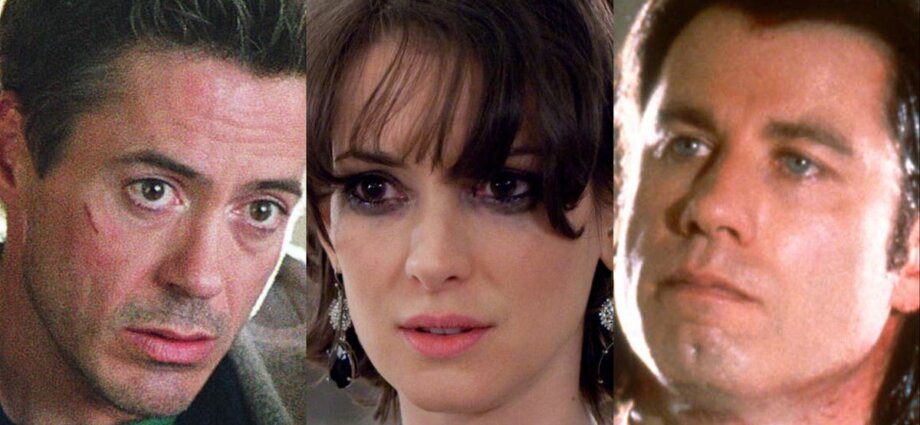In Hollywood, stardom is a fickle thing.
Even the very best actors go through fallow periods – too often, today’s buzzy ingénue is tomorrow’s out-of-work has-been.
But sometimes, if they’re lucky, a project comes along that can turn it all around.
Robert Downey Jr is one of the most famous actors to have pushed his acting career to the brink of extinction, only to claw his way back to the very top. But there are countless others – names such as Keanu Reeves, Jamie Lee Curtis, and Brendan Fraser.
Sometimes, actors disappear from the screen entirely during their downturn, with Indiana Jonesstar Ke Huy Quan an example of a person whom the industry turned its back on for decades.
Other times, performers simply carry on working through it, pumping their energies into inferior projects that fail to make use of their considerable talents.
Here are 19 actors whose careers went into freefall – and the movies that saved them.
Lauren Bacall – Murder on the Orient Express
A legend of the Golden Age of Hollywood, Bacall found her career hampered in middle age by a number of factors – including a reputation for being difficult to work with – and disappeared from the big screen entirely for an eight-year period between 1966 and 1974. It was Sidney Lumet’s Poirot adaptation Murder on the Orient Express that gave Bacall a second wind, and she went on to renewed success, starring in acclaimed films such as Misery and Birth late into her life.
Jamie Lee Curtis – Halloween
Curtis was one of the industry’s foremost “scream queens” throughout the Seventies and Eighties, thanks to her roles in films such as Halloween and The Fog. As the years went by, however, the roles dried up, and Curtis even briefly retired from acting in the Noughties. The 2018 legacy sequel Halloween, however, saw the actor thrust back into the limelight, and put her on a mainstream trajectory that ended in her Academy Award win for Everything Everywhere All at Once.

Robert De Niro – Silver Linings Playbook
Widely heralded as one of the all-time great actors, De Niro lapsed into a rut in the 2000s, with his name becoming almost synonymous with low-quality, low-effort box office fare. A supporting turn opposite Jennifer Lawrence and Bradley Cooper in David O Russell’s Silver Linings Playbook saw him draw the best reviews he’d received in decades, and earnt him his first Oscar nomination since 1992’s Cape Fear. Despite the odd clunker since, De Niro has gone on to even greater heights, with his work in Martin Scorsese’s The Irishman and Killers of the Flower Moon ranking alongside his very best performances.
Robert Downey Jr – Kiss Kiss Bang Bang
Downey Jr’s struggles with addiction and erratic on-set behaviour were so notorious that, at the start of the 2000s, he was practically uninsurable. Thanks largely to his role in Shane Black’s inventive 2005 comedy, though, the newly sober star was able to rebuild his reputation – and, with his role in the Iron Man franchise, go on to become one of Hollywood’s biggest and most bankable performers.

Colin Farrell – In Bruges
Colin Farrell enjoyed success early in his career, but struggled to convince as a heavyweight actor, instead building a reputation as a scandal-hit Hollywood heartthrob. This changed with the release of Martin McDonagh’s raucous crime comedy In Bruges, which saw Farrell hit the sort of creative heights he would make a habit of in the years since. “In Bruges – personally, creatively, and all that jazz – was a big turning point for me,” Farrell would later say.

Watch Apple TV+ free for 7 days
New subscribers only. £8.99/mo. after free trial. Plan auto-renews until cancelled
Brendan Fraser – The Whale
Once a bona fide leading man, Fraser saw his acting career decimated by depressing forces beyond his control, and was barely seen on screen for the past decade. But in the last couple of years, he’s launched a roundly celebrated comeback – with his bodily transformational and Oscar-winning role in Darren Aronofsky’s The Whale re-establishing him as a major force on the scene.
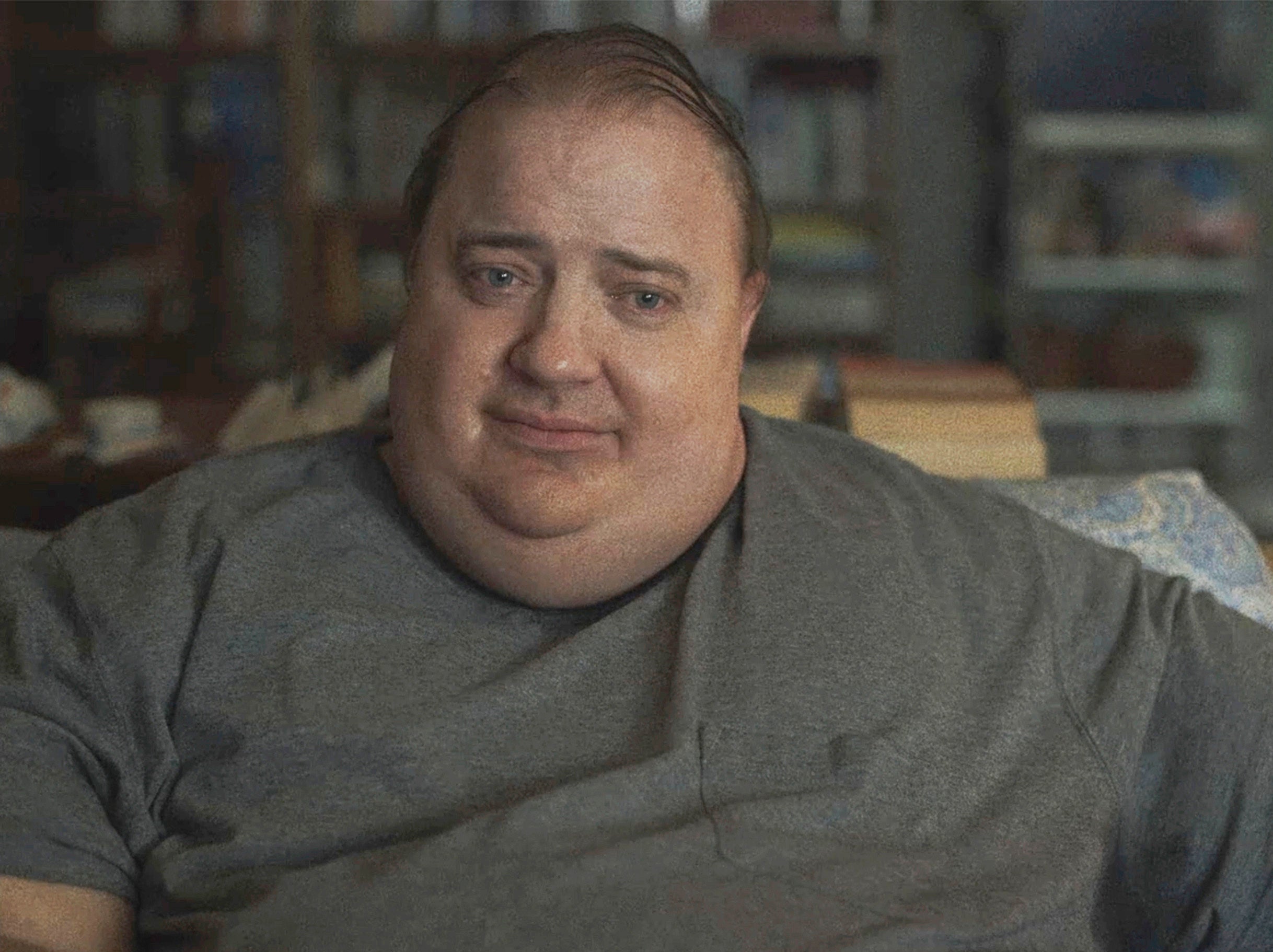
Hugh Grant – Paddington 2
In the 1990s, Grant’s glittering career survived a high-profile sex scandal and the ignominy of Mickey Blue Eyes. But as the years went by, he wandered down a cul-de-sac of mediocrity, phoning in performances for by-the-numbers films such as The Rewrite, before he began to rebuild his reputation as an erudite older star. The first whisperings came in the 2016 feelgood opera drama Florence Foster Jenkins, but it was his villainous role in the acclaimed children’s charmer Paddington 2 that truly relaunched his career, and secured him a surprise Bafta nomination in 2018.
Michael Keaton – Birdman
This audacious “one-take” film cast Keaton as a spiraling actor with some uncanny parallels to himself – who takes on an ambitious stage adaptation of a Raymond Carver story. The Best Picture-winning film kickstarted a renaissance in Keaton’s career, with the former Beetlejuice maverick going on to star in everything from big-money blockbusters (Spider-Man: Homecoming) to Emmy-winning shows (Dopesick).

Matthew McConaughey – The Lincoln Lawyer
Few actors have undergone so drastic a reinvention as Matthew McConaughey, the widely disparaged romcom star who pivoted to “respectable” acting in a period dubbed the “McConnaissance”. Before projects such as Dallas Buyers Club and Interstellar, though, there was The Lincoln Lawyer, a decent legal thriller that affirmed McConaughey’s chops as a credible dramatic lead.
Leslie Nielsen – Airplane!
The Zucker brothers’ anarchic 1980 comedy Airplane! didn’t so much save Nielsen’s career as completely reinvent it: up until then, the actor had been a veteran of dramas, even starring in the po-faced disaster movie The Poseidon Adventure. What Airplane! did was recognise his preternatural flair for deadpan, and a career as a comedy maven was born.

Ke Huy Quan – Everything Everywhere All at Once
One of Hollywood’s real “forgotten men”, Quan saw his career dissolve after finding fame as a child star in Indiana Jones and the Temple of Doom, pivoting to stunt choreography after struggling to maintain his on-camera profile. Daniel Kwan and Daniel Scheinert’s genre-bending awards darling catapulted him back into the frame in 2022, and bagged Quan an Oscar for Best Supporting Actor. In the short time since that film’s release, he’s landed several big projects, including a main role on the series American Born Chinese and a supporting turn in Marvel’s Loki.
Keanu Reeves – John Wick
Despite starring in some of the most enduring films of the 1990s – The Matrix, Speed and Point Break – Reeves saw his stock plummet in the 2000s thanks to a string of commercial failures. The actor, whose line delivery was often the subject of unfair derision, clawed his way back to the top with a role in the slick 2014 thriller John Wick. Three sequels later, Reeves is now one of the industry’s biggest and most respected onscreen talents.

Ryan Reynolds – Deadpool
For years, Hollywood seemed intent on trying to make Ryan Reynolds happen, to no avail. In blockbuster squibs such as Green Lantern and RIPD, the Canadian actor failed to impress. His luck turned around when he was cast as the foul-mouthed, puerile Deadpool in Marvel’s R-rated 2016 adaptation; it was a role that immediately transformed the actor into one of mainstream cinema’s go-to leading men for quippy popular films.
Edward G Robinson – A Hole in the Head
The McCarthyist blacklisting of the 1950s torpedoed the careers of many great actors, including Old Hollywood legend Edward G Robinson. After a period in the wilderness, taking on minor roles in eclectic projects, Robinson eventually made his way back into the fray, with the 1959 comedy A Hole in the Head kickstarting a new era for the diminutive actor.
Mickey Rourke – Sin City
Once a roughish leading man, Rourke saw his stardom wane in the 1990s and early 2000s, before a role in the stylised comic adaptation Sin City resuscitated it. Within two years, his career was flying high again, with a layered, Oscar-winning turn in The Wrestler. Even though his profile has receded again since, his career revival was something to behold.
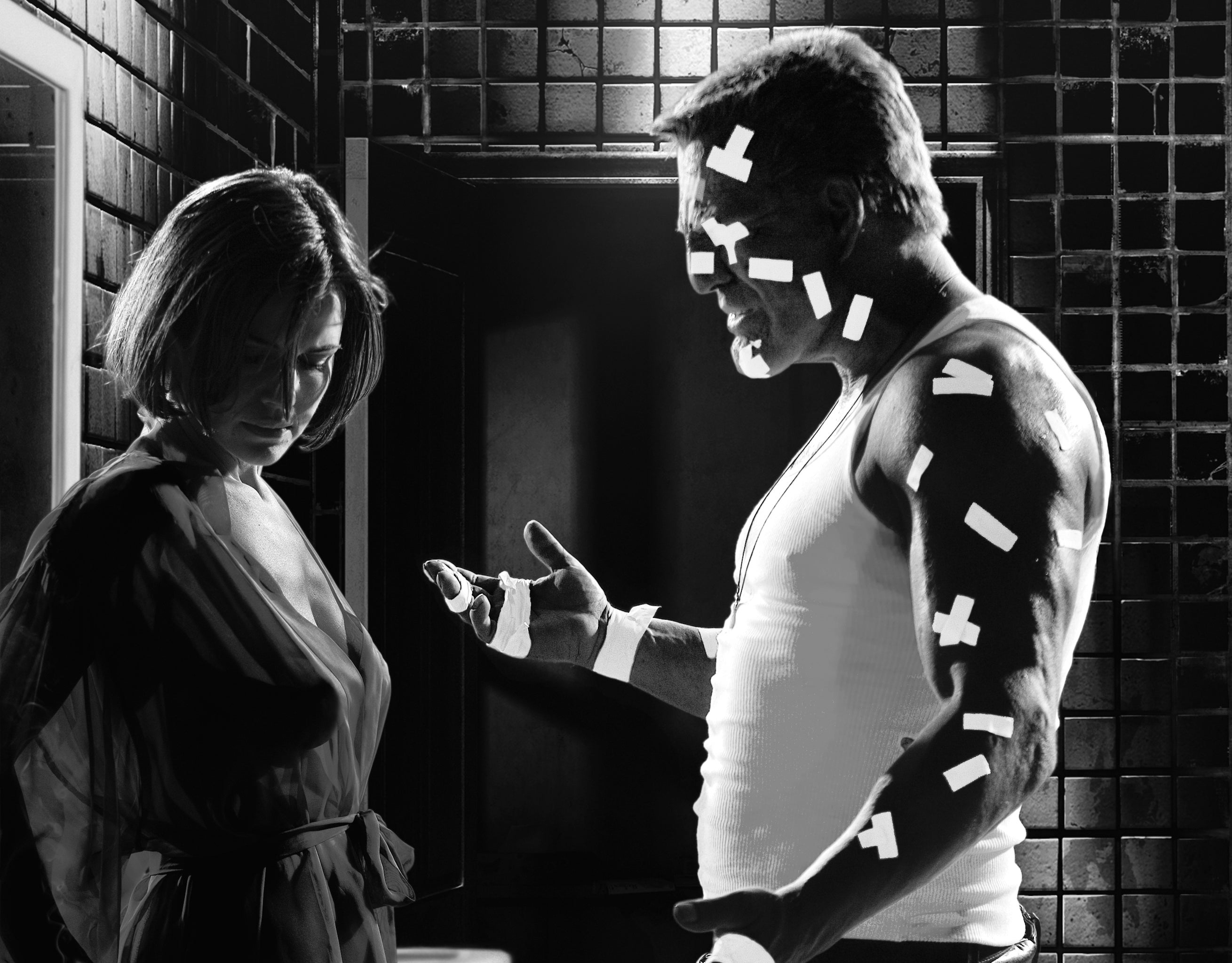
Winona Ryder – Black Swan
A captivating screen presence, Ryder saw the shine of her 1990s hits – Edward Scissorhands, Reality Bites, The Age of Innocence and more – fizzle in the early 21st-century, thanks in part to negative tabloid coverage. A blistering supporting turn in the dark ballet drama Black Swan helped turn things around, however, with a subsequent role in Netflix’s Stranger Things putting Ryder firmly back on the map.
John Travolta – Pulp Fiction
The singing, dancing star of Grease had watched his career flatline throughout the Eighties – that is until Quentin Tarantino told him “you’re the one that I want” and cast him in his sophomore feature Pulp Fiction. Travolta’s turn, as the shambling gangster Vincent Vega, reinvigorated his career, and saw him receive a surprise Oscar nomination.

Reese Witherspoon – Wild
To some extent, Witherspoon was bound to dip at some point: the Legally Blonde star got big while still young, and had won an Academy Award while still in her twenties (for 2005’s Walk the Line). After her Oscar win, though, things just weren’t happening, and the actor experienced a string of flops. That is until the 2014 Oscar contender Wild, a moving return-to-nature drama that saw Witherspoon draw some of the best reviews of her career. Since then, it’s been a different story, and Witherspoon sits atop her own media empire with a net worth of over $400m.
Renée Zellweger – Bridget Jones’ Baby
In the early Noughties, Zellweger was on top of the world: Bridget Jones’s Diary and Chicago helped make her a household name, while Cold Mountain bagged her her first Oscar. But a downturn in prospects led to a complete hiatus starting in 2010. It was the third Bridget Jones film that brought her career out of hibernation; the welcome return to her best-known role got the ball rolling for a number of other strong projects, including 2019’s Judy, for which she won an Academy Award for Best Actor.

